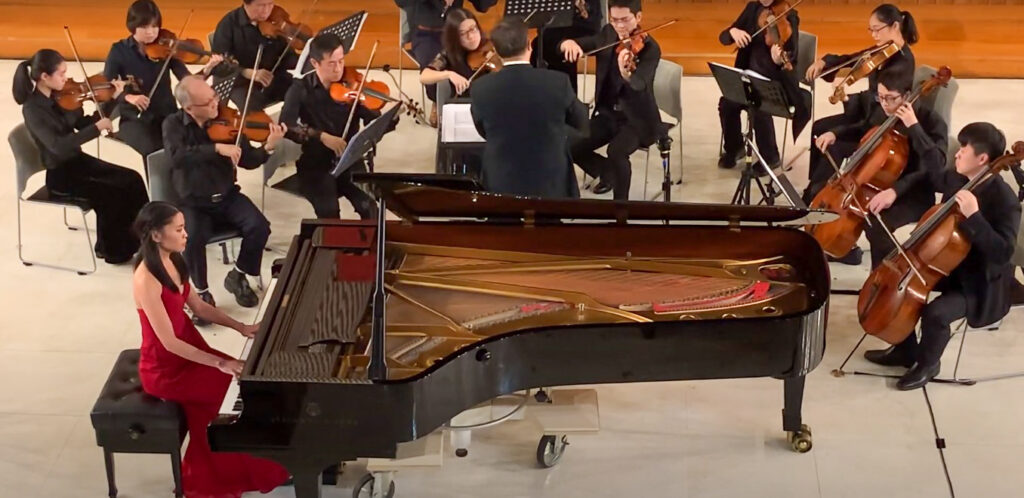Q. What do you like most about the residency program at WashU?

The best part of our residency program is our entire WashU family. I love my fellow co-residents and am constantly impressed and inspired by them. We hang out a ton outside of work because we actually enjoy each other’s company, which I think is so important in a residency program when you work hard and effectively as team members but can also find balance and de-stress outside of the hospital.
Our attendings are amazing teachers, mentors, and friends, and all of our nurses and staff are also a key component of our WashU family. I feel very lucky and humbled to be at such a supportive and high-performing environment.
Q. What surprised you most about the training?
Breadth and depth were important to me when choosing a residency program, and while I knew that WashU had this before starting residency, I was surprised by how we truly encompass this as a department, and was impressed by the high level of teaching by our faculty.
The best part of our residency program is our entire WashU family.
Stephanie Chen , MD
I also chose WashU for the extensive research opportunities, which I hadn’t fully appreciated before starting. There are a vast amount of resources including our own department statistician, IRB experts, medical librarians, access to clinical databases, and various ongoing research projects. Whatever the research interest, you could find at least one other person working on a similar or related project, or start one yourself with tremendous support from the department.

Q. Is St. Louis any different from what you expected?
Having grown up in Austin, Texas and spending almost a decade in New York City for undergrad/med school, I wasn’t sure what to expect of St. Louis. This is my first time being in the Midwest, and I am very pleased with what St. Louis has to offer. I love the outdoors and eating, and there are plenty of opportunities to explore both, from the expansive Forest Park and multiple nearby hiking trails to many delicious restaurants that I was surprised to rank very highly on my list of best foods. I also love the warm Midwest hospitality, which is definitely a welcome change from the hustle and bustle of NYC.
Q. What are your hopes for when you complete your training?
I recently decided that I want to pursue a fellowship in Head and Neck Surgery after completing residency. It took me awhile to decide on a subspecialty since I love all of ENT, but I recently realized that this is the best fit for me. It is a privilege to take care of patients with head and neck cancer, and while challenging, I look forward to developing close relationships with my patients and families, and staying on top of the latest research to best treat this patient population. After fellowship, I hope to stay in academic medicine.
Q. What are your hobbies/outside interests?
Outside of the hospital, I love hanging out with friends and family, playing piano, being outdoors, and eating.
Q. What made you decide to pursue medicine and otolaryngology after training as a pianist at Juilliard?
There are many reasons why I made a career switch from concert pianist to medicine, and otolaryngology. Ultimately, while I love performing and playing piano, and value the spiritual healing that is possible with music, I wanted to make a tangible, lasting impact on a patient’s quality of life. Having had exposure to the medical field through a close family friend growing up, I knew I wanted to go into medicine and likely become a surgeon to achieve this goal.
I was immediately drawn to otolaryngology because of the beautiful intricacy of head and neck anatomy, elegance and precision required in our surgeries, and the important impact that head and neck surgery can have on a patient’s quality of life. Otolaryngology is closely connected to our basic senses, and I found it particularly rewarding to be able to restore hearing and impact voice, breathing, and swallowing, which are all so important for daily life.
